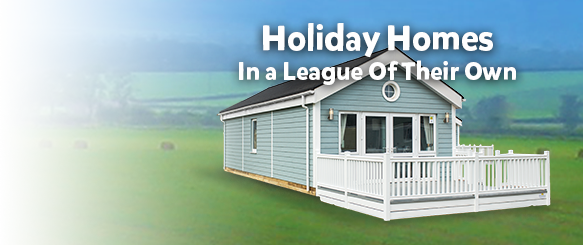Alternative Fuels
This month saw the beginning of our surveys on how well villagers have taken to the introduction of alternative sources of fuel. Our first survey of 28 households across four villages found that one quarter of people are now using some kind of alternative fuel to firewood. One innovative lady has even decided to invent a new form of stove for burning the fuel briquettes more efficiently!
In these rural areas, switching from traditional firewood to sustainable fuels requires a huge change in lifestyle. Firewood is usually collected around once per week, and requires searching through the fields and forest for dried wood, and then hauling large loads back home.
The new alternatives require making briquettes out of paper and leaves, or making fuel efficient stoves out of bricks and mud. We are currently fund-raising to try to buy more of these lifelines for our villages.
Reduction of Soil Fertility
Removal of wood for fuel can damage the forest. Normally wood decomposes, allowing a large proportion of the nutrients accumulated by the living trees to be returned to the soil. If wood is removed from the forest, nutrients can’t be recycled, reducing soil fertility. Plants need these nutrients in the soil to grow properly, meaning that removal of firewood could damage the potential for recovery of forest in the area, one of the UFP’s long term plans.
Removal of wood for fuel can damage the forest. Normally wood decomposes, allowing a large proportion of the nutrients accumulated by the living trees to be returned to the soil. If wood is removed from the forest, nutrients can’t be recycled, reducing soil fertility. Plants need these nutrients in the soil to grow properly, meaning that removal of firewood could damage the potential for recovery of forest in the area, one of the UFP’s long term plans.
Removal of wood can also alter the habitat in the forest. Many animal species are directly dependent on deadwood for food and shelter. These include small mammals, beetles, earwigs, millipedes, centipedes, and many more.
Our surveys continue, but this seems like a promising start….
